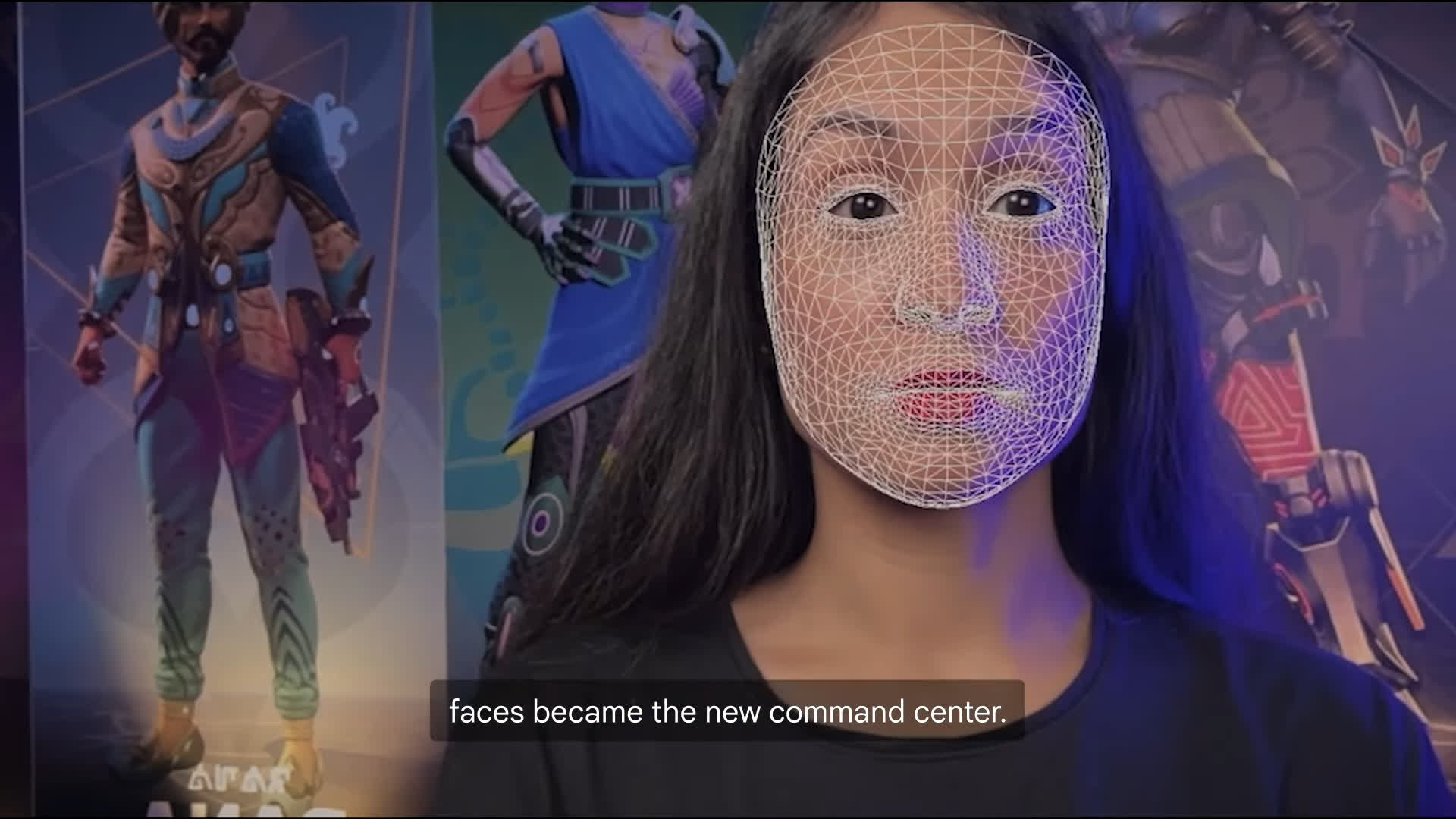Everyone’s a gamer: The modern gaming market typically supports various control interfaces alongside standard input devices. In terms of accessibility, Google aims to offer an open-source alternative aimed at reducing costs associated with custom control peripherals.
Google has released the Android port of Project Gameface, a technology developed to provide a new, inexpensive way to make games more accessible to people with disabilities. Project Gameface helps gamers control a mouse cursor using just their head movements and facial gestures, eliminating the need to purchase dedicated tracking devices.
Mountain View introduced Project Gameface during last year’s I/O event, detailing its features. Gamers can raise their eyebrows to “click and drag” the virtual cursor on the screen or open their mouth to move it. The company emphasized that everyone should be able to pursue their gaming passion, especially when a physical disability limits their life choices.
Project Gameface was inspired by the story of Lance Carr, a gamer affected by a muscle-weakening condition known as muscular dystrophy. Carr used to control his games using an expensive head-tracking mouse, but he lost the device – along with the rest of his gaming equipment – when his house burned down.
Carr worked with Google to restore his ability to play (and stream) video games through Project Gameface. The technology employs machine learning algorithms to recognize head movements and facial gestures captured by a simple webcam, and moves the mouse cursor accordingly. Google also added gesture features to accommodate different needs, giving users control over how pronounced a facial expression must be to trigger an on-screen mouse action.
While Project Gameface was primarily designed to meet the needs of passionate gamers like Carr, the technology is flexible enough to be applied in other scenarios as well. Google partnered with the Indian social company Incluzza to explore other Gameface-related applications for work, school, and various social situations.
Google emphasizes that Project Gameface is not intended for “life-critical” decisions, and the technology does not provide any facial recognition or identification features. The source code, now available for both Android and Windows platforms, does not store any unique facial identifications.

